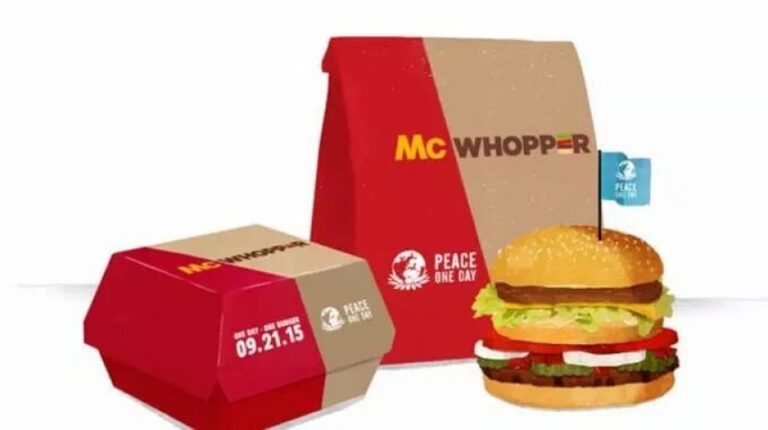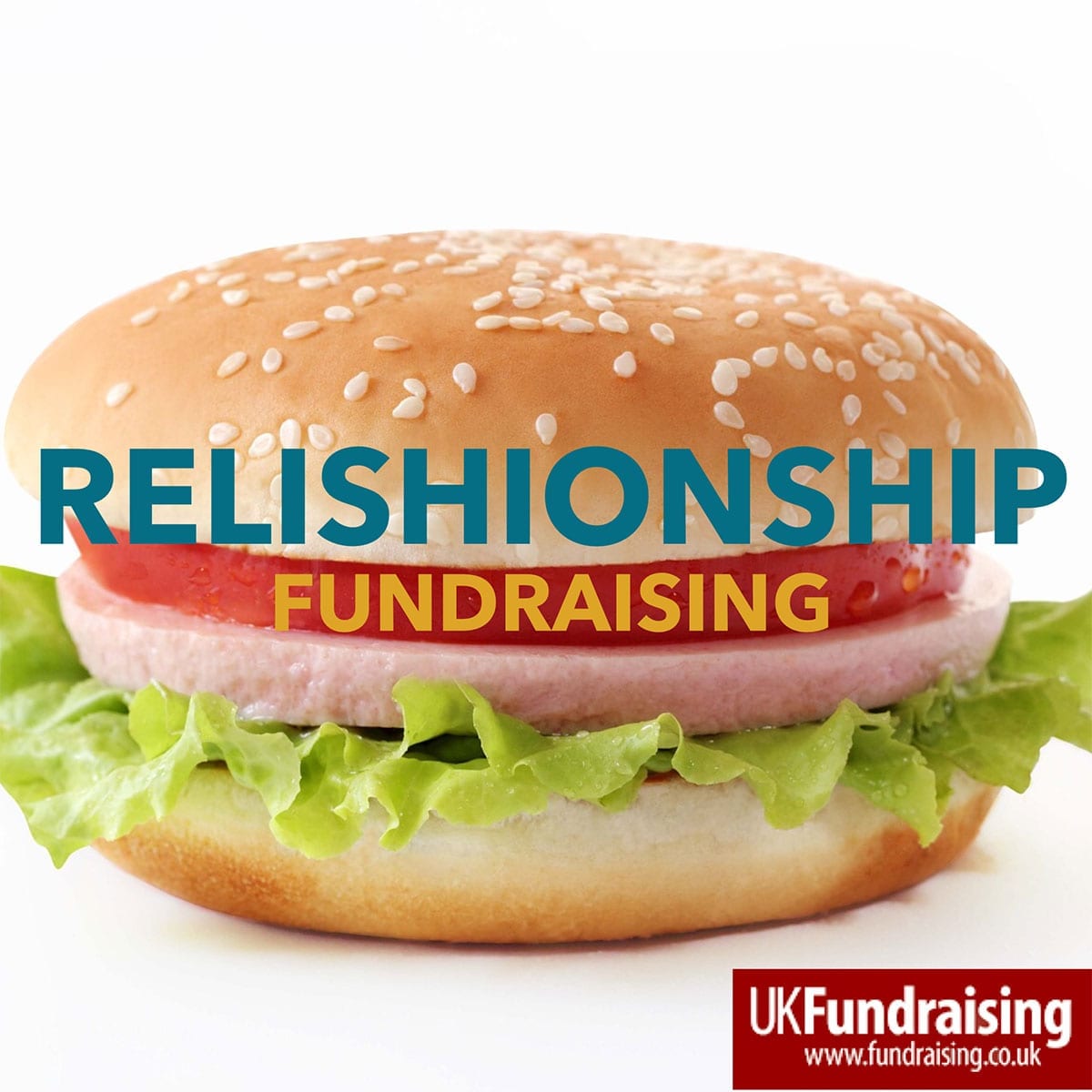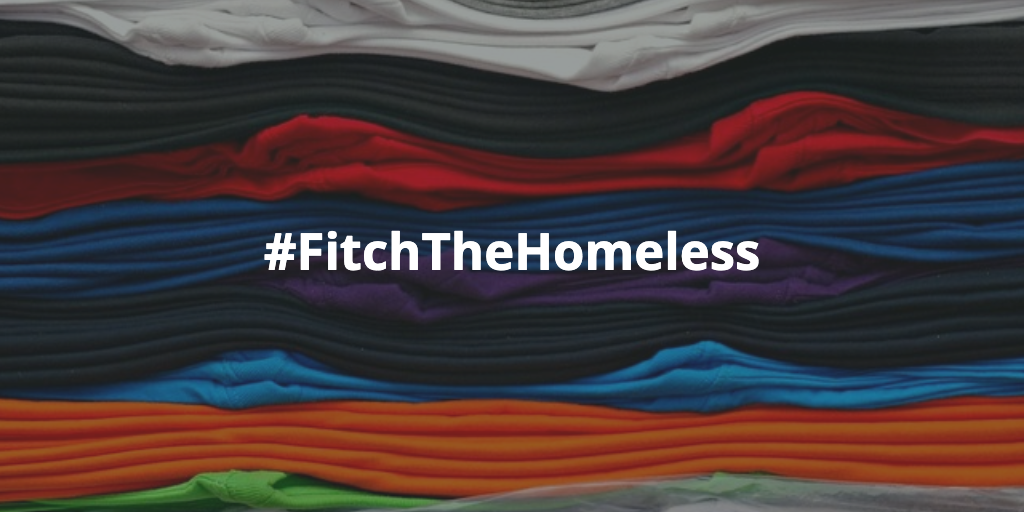Burger King’s cause-related marketing challenge to McDonald’s: a catalyst for “Relishionship fundraising”?

Burger King’s offer to end its beef with McDonald’s and create a fundraising burger, the McWhopper, has garnered global media coverage in the time it takes to flip a pate.
Taking out full-page ads in the New York Times and Chicago Tribune, Burger King laid its fries on the table and goaded McDonald’s to collaborate on a joint burger to get the world talking about Peace One Day whose objective is “to institutionalise Peace Day 21 September, making it a day that is self-sustaining, an annual day of global unity, a day of intercultural cooperation on a scale that humanity has never known.”
Burger King’s proposal, outlined in its open letter, is to take:
“All the tastiest bits of your Big Mac and our Whopper, united in one delicious, peace-loving burger. Developed together, cooked together and available in one location for one day only – Peace Day – with all proceeds benefiting Peace One Day.”
Testament to this being a slickly planned campaign (PR stunt?), Burger King sought and obtained colossal social media engagement through launching www.mcwhopper.com and a Youtube video starring Peace One Day founder and Russell Howard lookalike, Jeremy Gilley.
[This video is no longer available].
As the world’s carnivores salivated in anticipation, McDonald’s Chief Executive, Steve Easterbrook, responded to the challenge via Facebook with a carefully crafted riposte, intended to reacquire the moral high ground and dampen Burger King’s flames. He said:
“Dear Burger King,
Inspiration for a good cause… great idea.
We love the intention but think our two brands could do something bigger to make a difference. We commit to raise awareness worldwide, perhaps you’ll join us in a meaningful global effort? And every day, let’s acknowledge that between us there is simply a friendly business competition and certainly not the unequalled circumstances of the real pain and suffering of war.
We’ll be in touch.
-Steve, McDonald’s CEO
P.S. A simple phone call will do next time.”Advertisement
That must have burnt Burger King’s marketers lips like an over-microwaved slice of apple pie.
As it stands, the prospect of a cause-marketing McWhopper has already reached a stalemate, despite fans of both fast-food chains egging on the “rivals” to do the deal, believing it’s a flipping great idea.
However, setting aside whether or not a fat-laden chunk of sauce-drizzled meat is the best way to raise awareness of the need for global peace, regardless of the obvious negatives regarding world hunger juxtaposed to the West’s growing obesity crisis, something good could still come out of this. This new concept of “Relishionship Fundraising” might stimulate other competing brands to consider joining forces to raise awareness of, and funds for, a world problem.

Indeed, I’m reminded of the ill-fated HelpAd strategy, dubbed “Brand Aid” at the time, that the British Red Cross invested in during the mid-90s. Rather than competing brands coming together to promote a cause, as in this case, the concept envisaged complementary brands, like bread and butter, collaborating to raise funds. Brands would donate advertising space to complementary products and the charity would benefit from the proceeds based on the market value of such space.
Sadly, the concept quietly disappeared as not enough brands came on-board to make the venture viable. But we’re twenty years on from that, brands are looking to promote a sense of purpose and, I believe, consumers are more appreciative of such initiatives with social media providing the platform for engagement that never existed in the past.
So, whilst the McWhopper may have gone cold before ever reaching the drive-through window (and setting aside the unsavoury urban dictionary definition of a McWhopper Junior – don’t Google it!) I can see tins of CocaPeps and bars of Snick-Kats plying for consumers’ hearts, minds and wallets hitting a shelf near you soon.
Author: John Thompson, director and consultant at Changing Business




